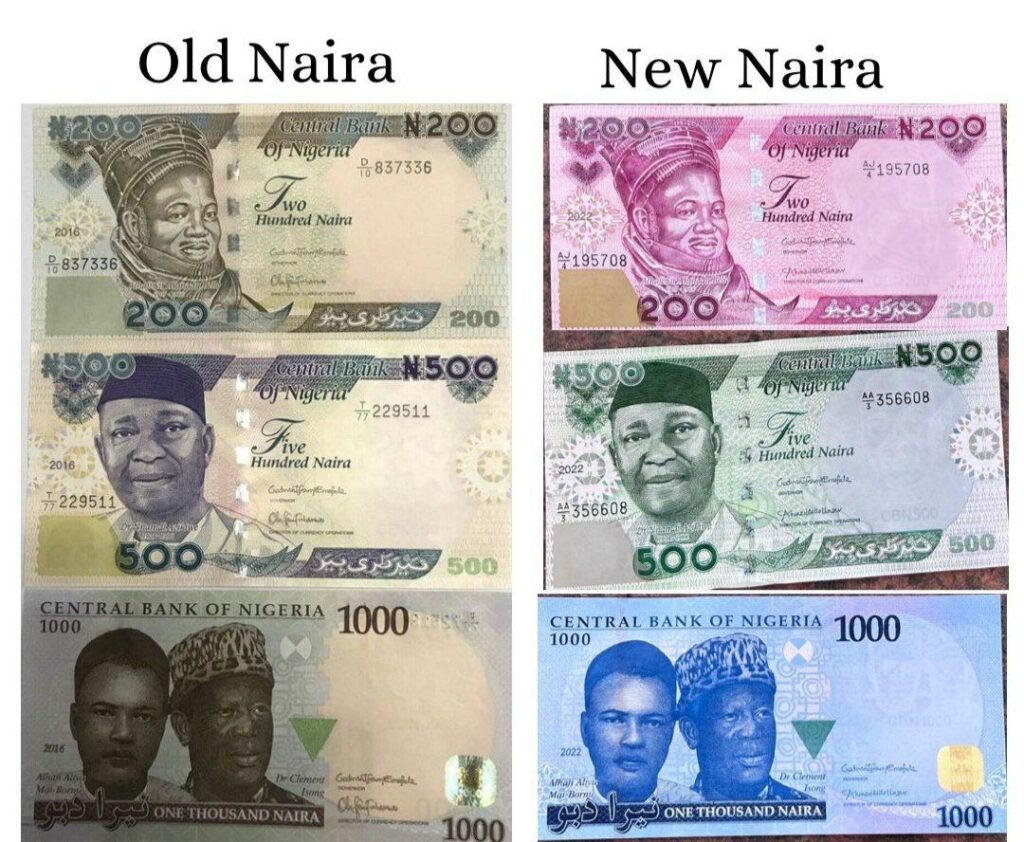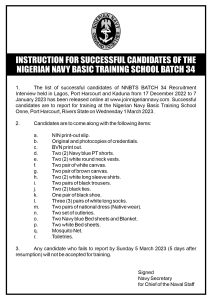Naira Devaluation Looms as Banks Cut FX Sales

Share this Post
Indications have emerged that the Nigerian naira could be heading for a devaluation as the nation battles foreign currency (FX) scarcity, forcing the authority to ration the United States (US) dollars to citizens with eligible demand.

Last week, deposit money banks (DMBs) announced a decision to cut personal and business travelling allowance to customers by half amidst FX illiquidity in the country.
In an attempt to keep the naira steadies, the Central Bank of Nigeria (CBN) has been deploying measures to keep the local currency strong, albeit, with a short-term orientation that has not augured well for the market.
CBN’S currency fight has been unsuccessful for years as the exchange rate keeps worsening. In Nigeria, there is large disequilibrium between the demand and supply of foreign currency which keeps the local currency disadvantaged in a sustainable manner.
In separate opinions, a slew of FX analysts said a decision to reduce BTA/PTA by 50% will have a drastic impact on the exchange rate in the parallel market.
The cutoff is expected to stoke demand pressures in the open market as the apex bank begins to manage pressures emanating from high demand for foreign currency, according to analysts.
Following low US dollar inflows, and downbeat foreign currencies earnings from oil exports, the CBN moved to curtail supply to the citizen with a penchant for imported goods and services.
Recall that the CBN ended the provisioning of FX support for dollar transactions using local banks’ debit cards over ballooning demand for foreign currencies.
As a result, exchange rates at the black or open market wobbled as Nigerians rushed to the parallel market to meet their respective needs. Nigerian banks are also demanding a sufficient timeframe for FX allowance to be processed.
In 2022, the Naira lost about 11% at the official window while spot rates at the open market worsened near N780. Broadstreet analysts estimated that the naira is trading above fair value.
The IMF and Bank of America supported that the local currency should be lowered to its market-clearing rate but the CBN maintains a no-devaluation policy – sometimes, it does quietly at the official window without funfair.
In the latter part of 2022, the apex bank allowed a quiet devaluation of the local currency at the Investors’ and Exporters’ FX window over surging demand for the United States dollar at the time.
This created a large gap between official and parallel market rates, which some analysts said remains the sole basis and driver for currency speculations. The CBN is losing buffer to protect the naira with dwindling gross external reserves which printed at $36 billion despite a relatively healthy price of crude oil.
“What the 50% BTA/PTA slash means is that CBN is unwilling to fund foreign transactions in the short to mid-term. Nigerians with an eligible demand for the US dollar will have to buy at the open market”.The future of the naira remains bleak and uncertain and the next devaluation will be sharp and loud, MarketForces Africa gathered. There is currently no upside potential for the local currency pairing against other stable currencies across the FX market due to a lack of comparative country advantages.
Nigeria is battling to surmount a weak economic structure. Even, income from hydrocarbon sales has not been optimised on account of low investment in the nation’s oil infrastructure – thus limiting FX accretion into external reserves. #Naira Devaluation Looms as Banks Cut FX Sales.












